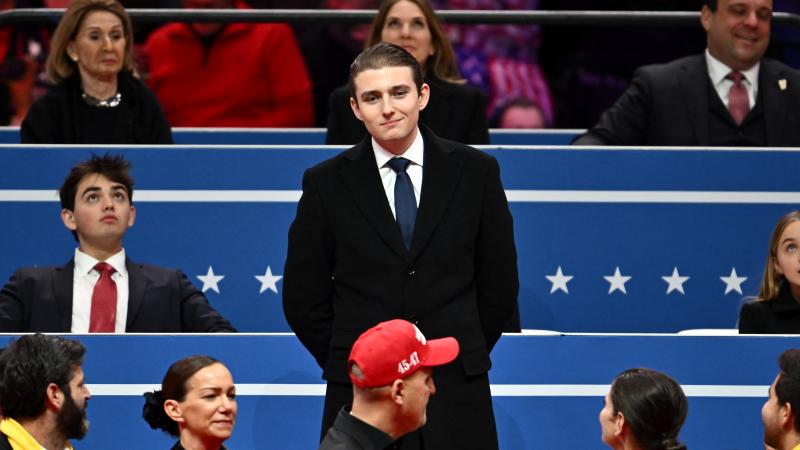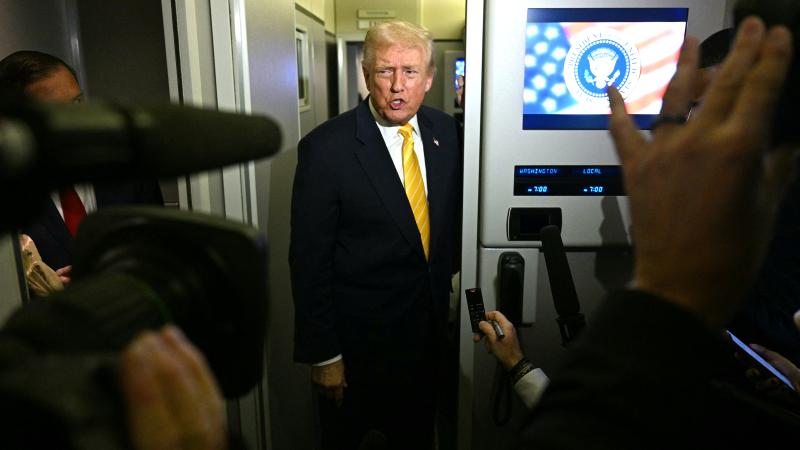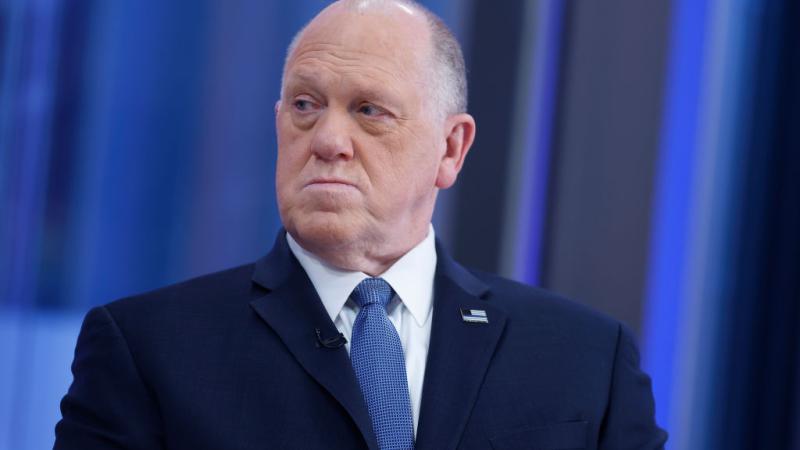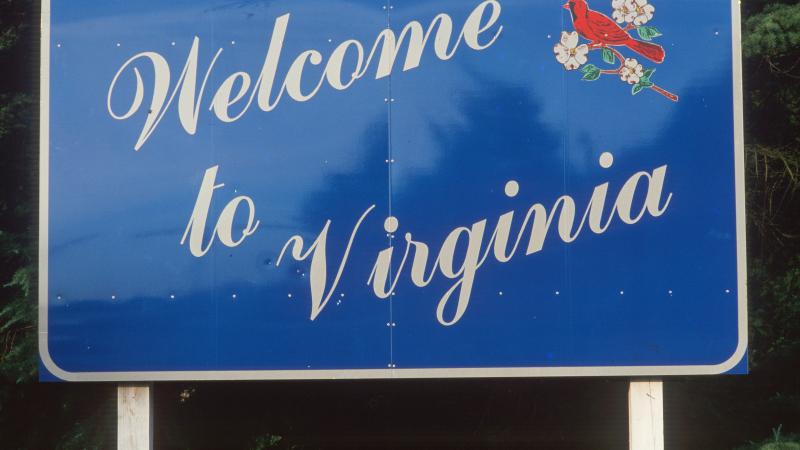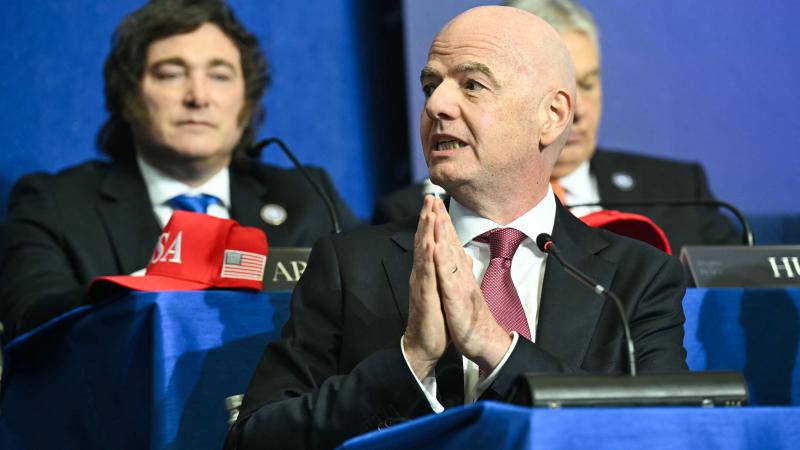Former Treasury official warns more banks may fail
"There were a lot of loans extended in 2020, in 2021, at low interest rates, securities that were purchased during a low interest rate environment," he said.
Former Assistant Treasury Secretary and Chief Economist of the America First Policy Institute Mike Faulkender warned on Monday that more banks may soon fail amid the collapse of First Republic and blamed industry leadership for failing to prepare for a period of rising interests rates.
Speaking on the "Just the News, No Noise" television show, the former Treasury official warned "there are concerns about how many more banks that are potentially out there, because the notion that these three were the only ones that took on interest rate risk during the pandemic, it certainly is not the case."
"There were a lot of loans extended in 2020, in 2021, at low interest rates, securities that were purchased during a low interest rate environment," he continued. "And if you have interest rates all of a sudden rising, those really low interest rate loans are going to start to underperform. Because if banks have to pay 4% to depositors, but they're only receiving one to 2% on the loans that they've issued or on the securities that they've purchased, they're looking at losses."
He went on to point to the recent collapse of Silicon Valley Bank earlier this year, which kicked off a string of institutional failures that included Signature Bank and, ultimately, First Republic, which JPMorgan Chase purchased Monday. Faulkender went on to point the finger at bank managers, asserting that such developments were foreseeable.
"[T]he bank's management itself is absolutely responsible for this," he said. "[W]e have known for decades, if not centuries, that it is this imbalance between-- you've got loans that are long term loans that are funded by short term deposits."
"And that means that if you get a rising interest rate environment, you're potentially sitting on losses, and you need to engage in interest rate risk management to do so," he continued. "And so by far the biggest failure at SVB, Silicon Valley Bank, they didn't have a Risk Officer for eight months."
"And so then the second blame lies with the bank supervisors, you know, why weren't they doing more to ensure that these banks had more than enough capital," Faulkender added. "And then finally, I really do place a lot of the blame with the Federal Reserve, both in the supervisory capacity but also in the monetary policy capacity."
"The Fed was way too late coming in to raise rates, and allowed the inflation rate to get out of control. And we are probably seeing higher interest rates than we needed to have seen if the Fed had intervened earlier," he concluded.
Ben Whedon is an editor and reporter for Just the News. Follow him on Twitter.

